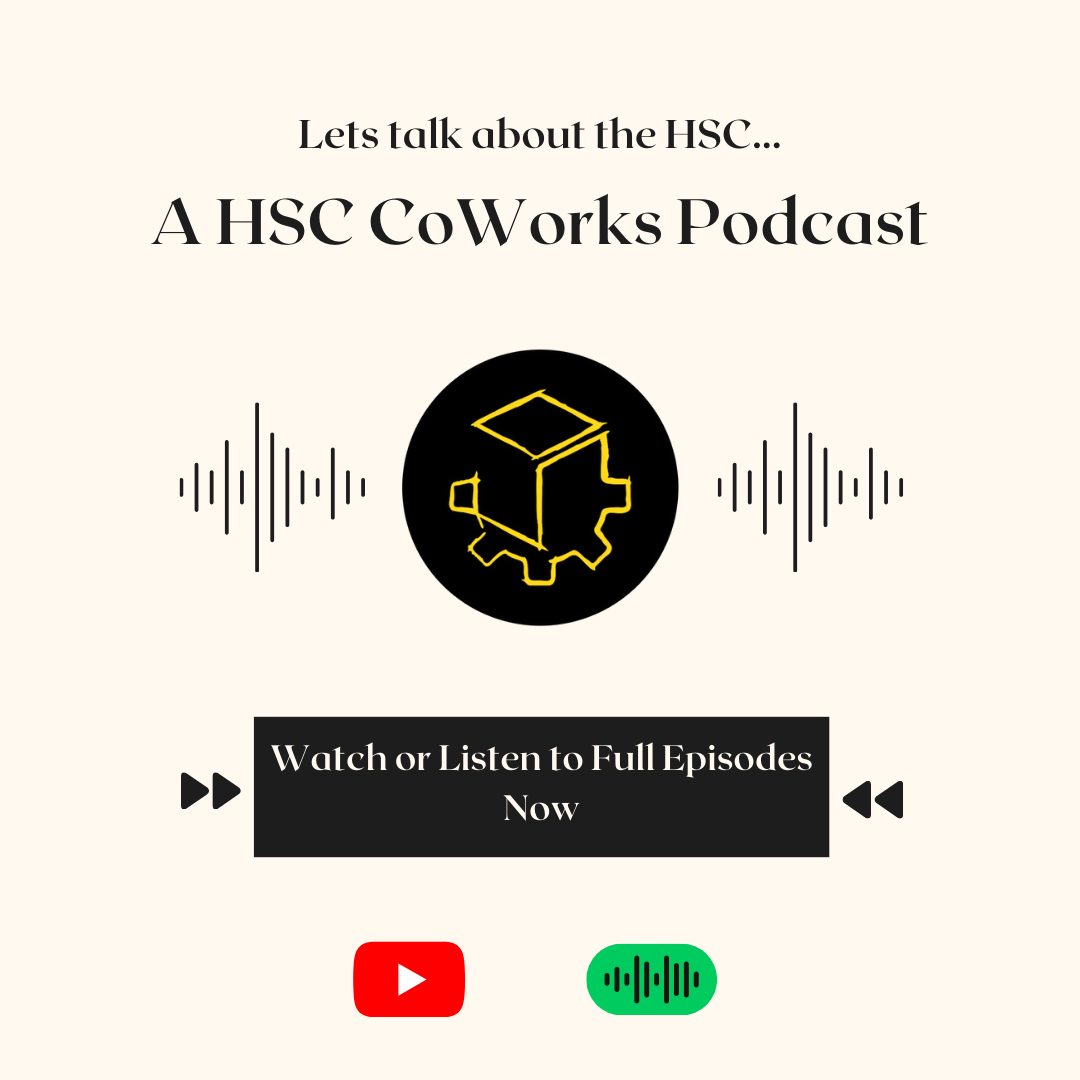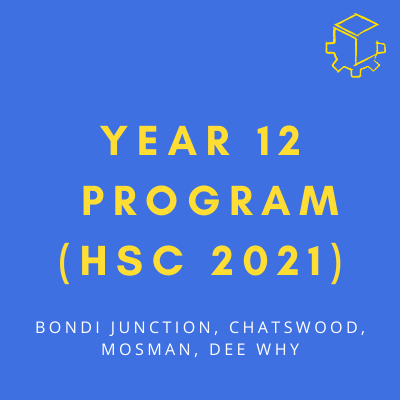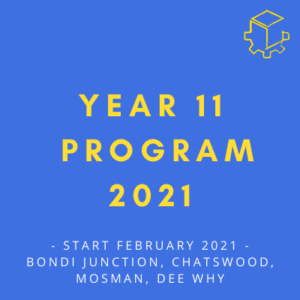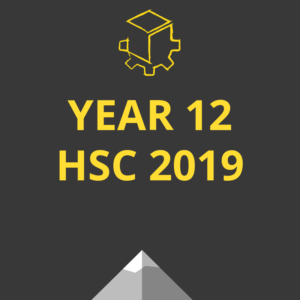When studying for Business Studies, its essential to have a set of detailed and well thought out summary notes for each core topic (Operations, Marketing, Finance and Human Resources) however this alone is not always enough to achieve the highest marks in exams. Listed below are 6 of the most effective strategies for success in HSC Business Studies.
1. Syllabus Flashcards — remembering (and understanding) the entirety of the Business Studies syllabus is of vital importance to each student’s success in this subject. For example, if a question asks a student to “Evaluate the responses to operations management to external influences,” the student will be unable to answer the question unless they know both the strategies and influences section of the Operations syllabus by heart.
Flashcards are a good way of memorising these syllabuses because they are easy to make and use. A student may quickly go over their finance syllabus on the bus ride home or in the morning before an assessment.
Other great ways of memorising the Business Studies syllabus is through syllabus mind maps as well as mnemonics e.g. Marketing Processes –> SMEIDI
Situational analysis
Market Research
Establish marketing objectives
Identifying target market(s)
Developing marketing strategies
Implement, monitor and control
2. Exemplar Section 4 Essays for each core section of the syllabus i.e. Processes, Strategies and Influences for all four topics — Section 4 of the business studies exam requires students to write a business report on a case study business. Since there is quite a lot of content to learn for this section but quite a limited scope of questions, I would recommend the student to work on 3 key exemplar essays for each topic (processes, strategies and influences) covering all aspects of the syllabus. The questions in this section tend to focus on just one section of the syllabus e.g. marketing processes or financial management strategies. As such, a student’s exemplar reports can be adapted and moulded to fit the changing nature of some of the questions. For example, in the given example; “Evaluate the responses to operations management to external influences” (HSC 2016) , the student could combine their strategies and influences case study essays to gain maximum marks in this area.
3. Content mind maps with case study examples — In this subject, it is essential that students have case study examples for each element of the syllabus. This is useful for; questions that explicitly ask for a real life example, the section 4 business report, and improving the quality of short answer questions that do not explicitly ask for these case studies. As such, creating these mind maps will help the student to visualise these examples and as such, will be more likely to remember them during an exam or assessment! Be sure to put these up in your bedroom or somewhere you will see them daily as this will allow for maximum benefit from this task.
4. Definitions flashcards — Much of the Business Studies course is littered with key terms and definitions that a student should attempt to memorise. Having a specific, clear definition for each of the key syllabus terms will allow the student to quickly and easily demonstrate their understanding and knowledge to a marker during the SAQs and Business Report sections of the exam. This is especially important for “explain” questions such as “Explain a potential conflict between a short-term and a long-term financial” (HSC 2016) which require the student to link cause (definitions) with effect (outcomes.) Having a set of definitions flashcards may really help students to memorise these definitions to use when answering these types of questions during the exam.
5. Consistently doing practise HSC questions or past papers — The only way for a student to understand how to attack an HSC exam is to regularly do HSC style practise questions as well as exam style tasks. Doing these tasks under exam conditions i.e. closed book and timed, will allow the student to be comfortable with the style and types of questions that will be asked of them during the exam, as well as the experience of sitting a high pressure exam such as trials and the HSC. Whilst these types of tasks are important for all of the core topics, it is especially useful for the Finance topic! This is because without real life examples of types of questions, students often have difficulty putting the concepts like financial ratios and statements into practise. In general, the more practise questions you can do the better!
6. Google alert for case study business — Putting google alerts on for a student’s case study business will allow them to keep up with the developments of the business as they come to light. The student can then use this information in a business report will really enhance the quality of the students business report come the final exam, and show the marker the breadth of the students knowledge.










